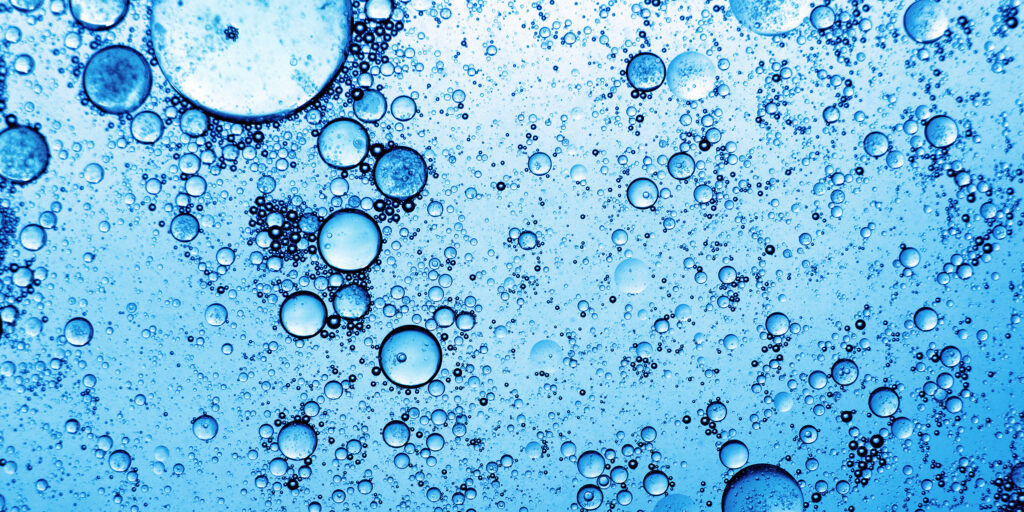We all know how important it is to stay hydrated, do you know why? If you don’t know how dehydration affects you, it can be difficult to recognise the signs that it’s becoming a problem, and hard to take seriously the routine you need to stay hydrated.
Today we’re taking a look at what hydration means for you, how you can spot it with a test for dehydration, and what you can do about it.

Causes of Dehydration
Your body is using its water reserves all the time – even simply breathing expends a small fraction of your body’s stored fluids. You dehydrate when you lose water faster than you replenish it – so the major cause of dehydration is simply not drinking enough water!
There are particular circumstances that place more stress on your body, and can lead to faster dehydration that is less easy for you to manage: heatwaves lead to perspiration, as your body tries to cool down, as does physical exertion, whether you’re working out in the gym or spending an hour or two digging over a flowerbed in the garden.
Illness can be another cause of dehydration: many infections and diseases can cause fevers, which again cause perspiration. It can also cause vomiting and diarrhea, which also directly sap your water reserves. And of course, when you’re ill and lacking in energy, it’s easier to put off getting up to fetch a drink and allow dehydration to intensify.
Symptoms of Dehydration
The first symptom of dehydration is very straightforward: thirst. This is your body telling you it’s running low on water, and if you don’t do what it’s asking, you’ll start to experience more serious symptoms. These can include headaches and muscle aches, difficulty concentrating, mood swings, mental fog and confusion, and eventually vomiting and unconsciousness!
Checking for Dehydration
There are different ways to spot if you’re dehydrated, from excess feelings of thirst, to darker coloured, more pungent smelling urine. If you want to do a quick test on someone else, the quickest way is to pinch the back of their hand. Hydration affects skin elasticity, so a well hydrated person’s skin will spring back quickly. If it’s slow to do this, they are likely dehydrated.
Rehydrating
The best way to avoid dehydration is by drinking regularly : it doesn’t have to be water! Soft drinks, fruit juices and hot drinks can all contribute, though you should be aware of the sugar content of these drinks.
If you’re dehydrated, you need to take more dramatic action. You’ve not just lost water, you’ve also lost the chemical dissolved in water: your electrolytes. Dedicated rehydration products, like soluble tablets and sachets, restore your electrolyte balance, helping you rehydrate quickly and effectively.
Leave a Reply